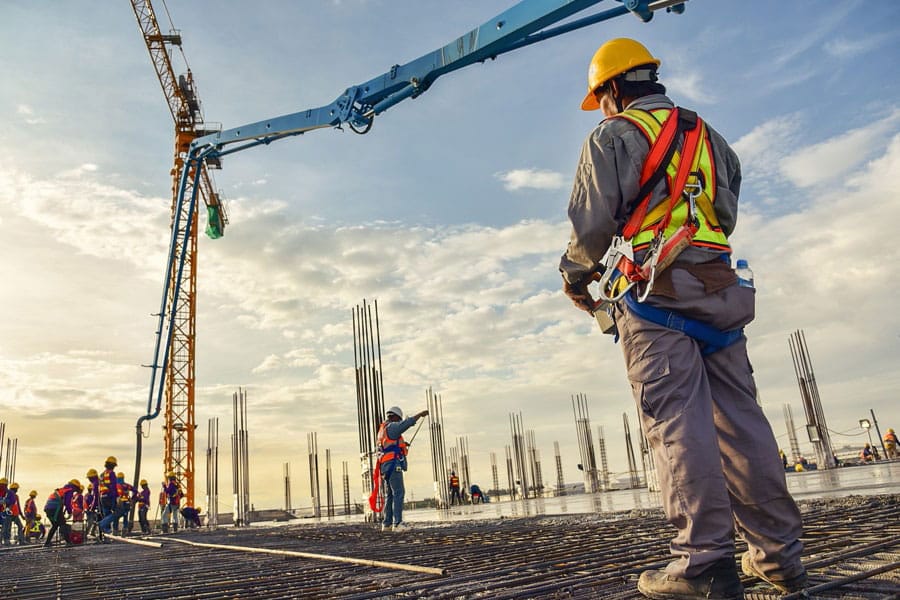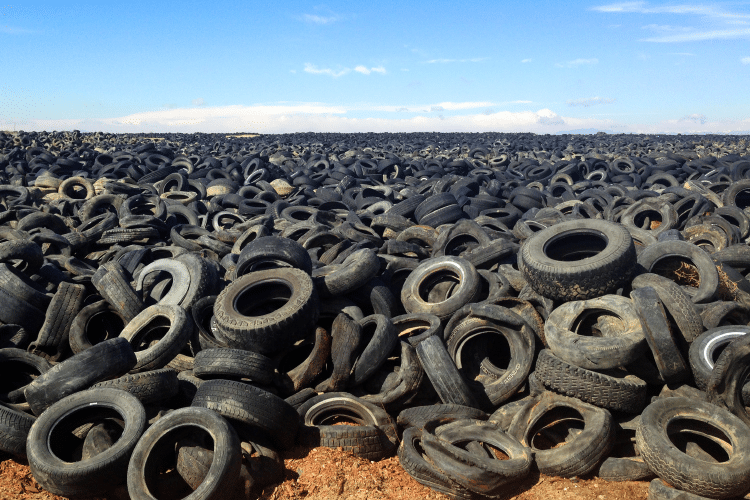Illustration by Rae Scarfó
Podcasting has become one of the world’s most rapidly growing mediums. What started as a niche industry has become an incredibly popular format, with more than half of all Americans regularly listening to podcasts—and the numbers continuing to grow.
It seems that every industry has its podcasting successes, and construction has been no exception. For construction industry insiders, podcasting has become a place of connection where professionals can compare their experiences and trade notes for maximizing commercial and creative success. Some of the most popular construction podcasts include Construction Leading Edge, The Constructrr, The Art of Construction and many segments of the wildly popular 99% Invisible.
The Built Blog spoke with Todd Dewalt, host and producer of the Construction Leading Edge podcast, about his inspiration in starting a podcast, the potential the medium has for the industry and the lessons he’s learned.
Finding inspiration
Dewalt is a longtime proponent of the power of podcasting. He was inspired to start Construction Leading Edge in 2014, when he was running his own construction business and dealing with a few common frustrations.
“At the time, there was a lot of talk about poor productivity in the construction industry,” Dewalt said. He felt like he was hearing the same complaints about productivity and communication from everyone in his professional life, but not finding much in the way of solutions. “I was driving about an hour each way to work every day, listening to podcasts,” he said. “But I couldn’t find a podcast that catered to what I was looking for. So, I thought, ‘Let’s just go and create it.’”
Dewalt was inspired by a series of goals he hoped his podcast would help others achieve. “I actually have three goals written on my wall in my office,” he said. “If an opportunity comes along, I use that as a filter. Is this going to build leaders, build community, have fun and solve problems? I want to build a platform for crowdsourcing wisdom.”
Using podcasting as a tool
Why podcasting? For Dewalt, it comes down to listener attention span. “Podcasting is better than social media, better than blogging, because it’s long form,” he said. “There are very few other formats where you can have a conversation with someone that’s informal, where you can listen to that person talk and get an idea of how they think. Video is great, but people have a short attention span for video. Most people listen to a podcast while they’re driving or working out, and they’re settled in for 30 minutes or more.”
The possibilities to encourage listener commitment means that you have more time and flexibility to tell your story, Dewalt added.
It took some time for Dewalt to build his audience. “There really wasn’t much reaction in the beginning,” Dewalt said. “I would watch the downloads and the single digits per episode at first, first single digits per week.” He persevered because he knew there was an audience in need of the type of content he was creating. “I just believed that people would find it and they would respond,” he said. “After a while people started to find it and the response was, ‘Wow, this is great. I wondered if there is a podcast for construction business owners and so I searched for it and there you were.”
Over the past seven years of its existence, Dewalt has watched his audience continue to steadily grow.
Dewalt believes that podcasting is an essential tool for the construction industry to stay connected, both internally and with prospective new employees and customers. “It’s marketing,” he said. “If you want to create a successful corporate environment, you need to market to your employees. A podcast is a great way to push information out, whether it’s company information, inspirational content, culture, safety or anything else.”
Check out Dewalt’s podcast here:
When it comes to creating a shared understanding of a company’s mission and values, podcasts create a valuable opportunity to dig deep.
“It’s one thing for a prospective employee to go to your website and see your nice corporate headshot, the little quote or the vision statement,” Dewalt said. “But how much better would it be for a prospective employee to listen to you talk about your why, and your vision, and what you’re passionate about, your story and your failure? It’s a good way to get people to know you, and to like you, and to trust you and really get bought into the vision.”
That’s why Dewalt believes that podcasting needs to be part of the media strategy for every modern construction company. “I advise business owners to get on podcasts, talk about your vision, talk about your why, because it’s a great recruiting tool,” he said.
Building community
Dewalt said that he has designed his podcast to create a space for construction professionals to feel a sense of community. “One of the main types of episodes I do are interviews with construction business owners, where we talk about their struggles, their challenges, what they find that works and what their vision is,” he said. “People who come on the podcast want to share; they want to give back. They’ve gotten to a certain point in their career, and they want to mentor others.”
One of the most common pieces of feedback Dewalt receives via Construction Leading Edge Nation, a forum where fans come to interact, is that listeners appreciate hearing about the experiences of others. “People will tell me, ‘It’s so good to know that we’re not the only ones having problems … so good to know not everybody has it all figured out.’”
This sense of understanding is valuable for listeners and participants at every level of experience and career growth. “People who are early in their career can be part of a community where they can learn from others’ mistakes,” Dewalt said. “And the people who have made those mistakes have an opportunity to give back.”
Sharing experience, improving outcomes
Dewalt believes that this shared community of listeners and participants is essential for industry growth, both within individual companies and the larger construction industry.
“There are a lot of problems that are actually symptoms,” Dewalt said. “So, I’ll try to look at industry-wide issues from a variety of sides to figure out what’s going on beyond the symptoms of any particular issue. It’s really helpful for everybody involved to know what’s going on below the surface.”
















